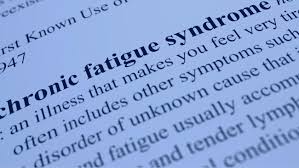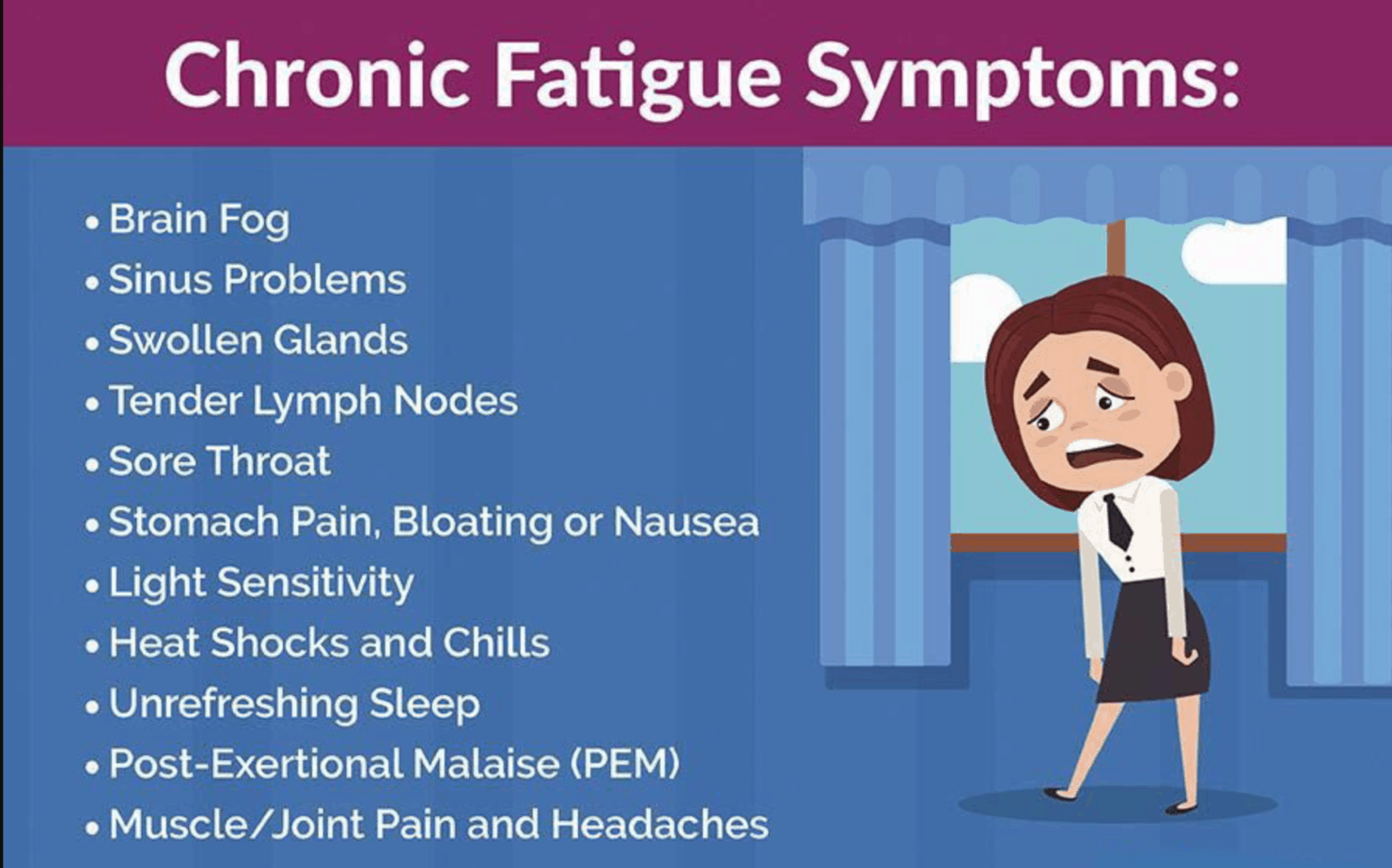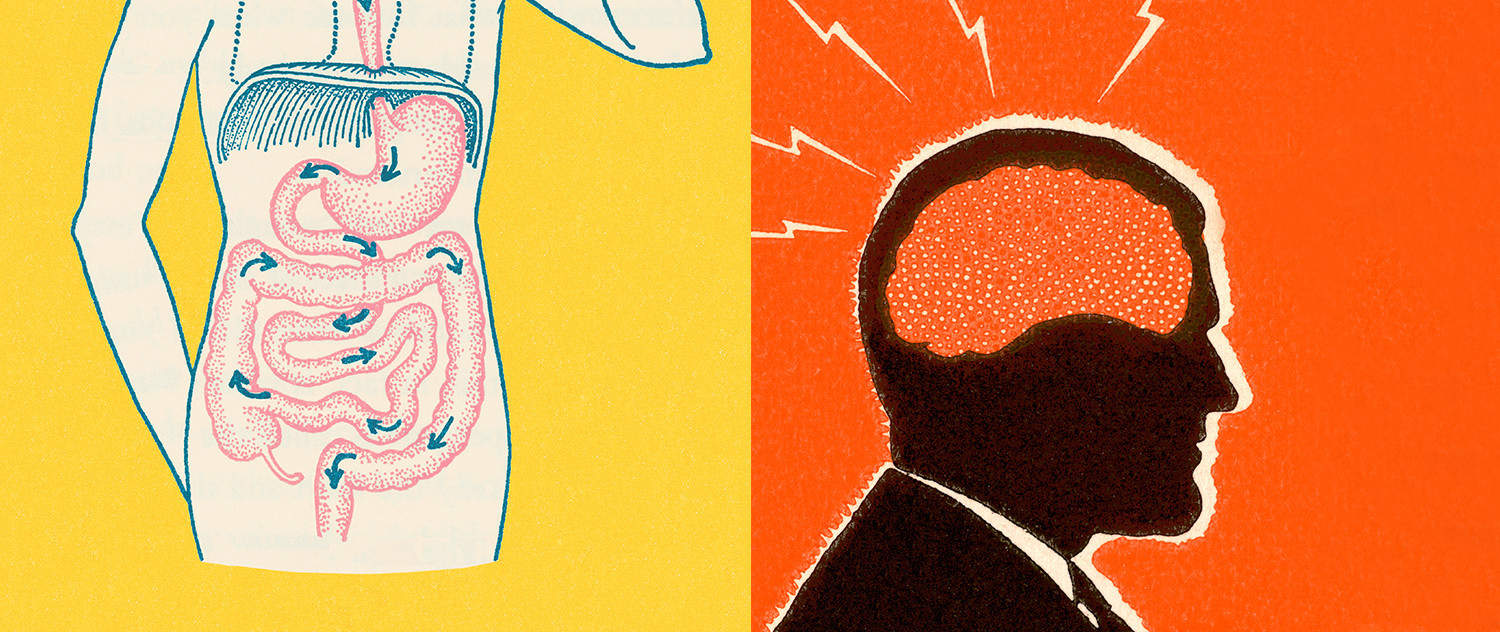We all have medical questions that we want answered – that’s why Dr. Amna Asif is here to provide us with her expert opinion! Every other week, she will be sharing her expert advice with us regarding a range of topics our followers are interested in learning more about. This week in Doc Talk, she talks about chronic fatigue syndrome. Read ahead to find out what exactly it is, what the causes and symptoms are, and what you can do to maange it:

What Is Chronic Fatigue Syndrome?
We all have suffered fatigue at some point in our lives but Chronic fatigue syndrome (CFS), or Myalgic Encephalomyelitis (ME), is an illness that affects a person’s nervous system, can occur at any age, and affect children as well as adults, causng extreme fatigue that cannot be explained by any other medical condition. People with CFS are likely to feel very tired very often, even if they have not been active. They may also have a host of other symptoms.
Causes
CFS is a complex illness and the cause is not well known. This condition may be triggered suddenly by a viral infection, toxic exposure, anaesthetic, immunisation, gastroenteritis or trauma. In other people, ME/CFS may develop slowly over months or years
Over 4,000 research articles have found that CFS is associated with problems involving: • the body’s ability to produce and transport energy
- the immune, neurological and hormonal systems
- viral or other infections
- blood pressure, the circulatory and cardiac systems
- digestion
- biochemical abnormalities.
Around 25% of people with CFS will have a mild form and be able to get to school or work either part-time or fulltime, while reducing other activities. About 50% will have a moderate to severe form of CFS and not be able to get to school or work. Another 25% will experience severe CFS and have to stay at home or in bed.
Fatigue is a very common complaint and is a symptom of many benign or serious diseases. Therefore, your doctor needs to be very thorough and arrange a range of tests/investigations to rule out other causes of fatigue, before giving you the diagnosis of CFS.
Symptoms
The most common symptom of CFS is ongoing, unexplained, overwhelming tiredness or fatigue as a result of minimal physical or mental effort. This is known as “post-exertional malaise (PEM)”, “crash” or “payback”.
Other symptoms may include:
- headaches
- muscle pain & joint pain
- sore throat
- loss of memory
- poor concentration, clumsiness, muscle twitches
- not feeling refreshed after being asleep or disturbed sleep
- enlarged lymph glands

Diagnosis & Treatment
There is no single test to diagnose CFS. Your doctor will diagnose CFS based on your symptoms and how long you have had them. Your doctor tests to rule out other possible causes of your symptoms before diagnosing CFS. Patients can be diagnosed with CFS only after they have had symptoms for 6 months or more.
People who receive an early diagnosis and early treatment tend to do better. Having a supportive community of family, friends, school, work, employers and the doctor, who understand the potential seriousness of CFS, can improve outcomes for people with CFS. It is important to find a doctor who is not only sympathetic to your symptoms, but can suggest ways to manage with the condition. Treatment choice will vary and will depend on the results of the additional testing.
Your doctor can suggest treatments such as:
- Medication to help with your mood if you are feeling depressed, and to help with sleep
- Gentle graded exercise, which means you try different types of exercise that suit you, and then increase the level of activity when you are ready
- Counselling or CBT (Cognitive Behaviour Therapy) by psychologist
Managing Your Symptoms
You can try following measures to help with your symptoms
- Relax as much as possible
- Try to have good night sleep and limit daytime napping
- Limit your activity, even on good days — otherwise you may have more days when you are exhausted
- Pace yourself — keep your activity level even
- Avoid caffeine, nicotine and anything else that could affect your sleep
Any suggested treatments for your symptoms will aim to make you physically, mentally or emotionally stronger. There is no simple cure. Any commercially available product or treatment promoted as a cure for CFS should be used with caution.
Your doctor may also suggest working with other healthcare professionals such as a psychologist and physiotherapist.
You may want to talk to your doctor about how to manage work or study commitments while you are unwell and when you feel you might be ready to return. Try to pace your activities so that you do not spend more energy than you have while you are unwell.










What do you think?
You must be logged in to post a comment.